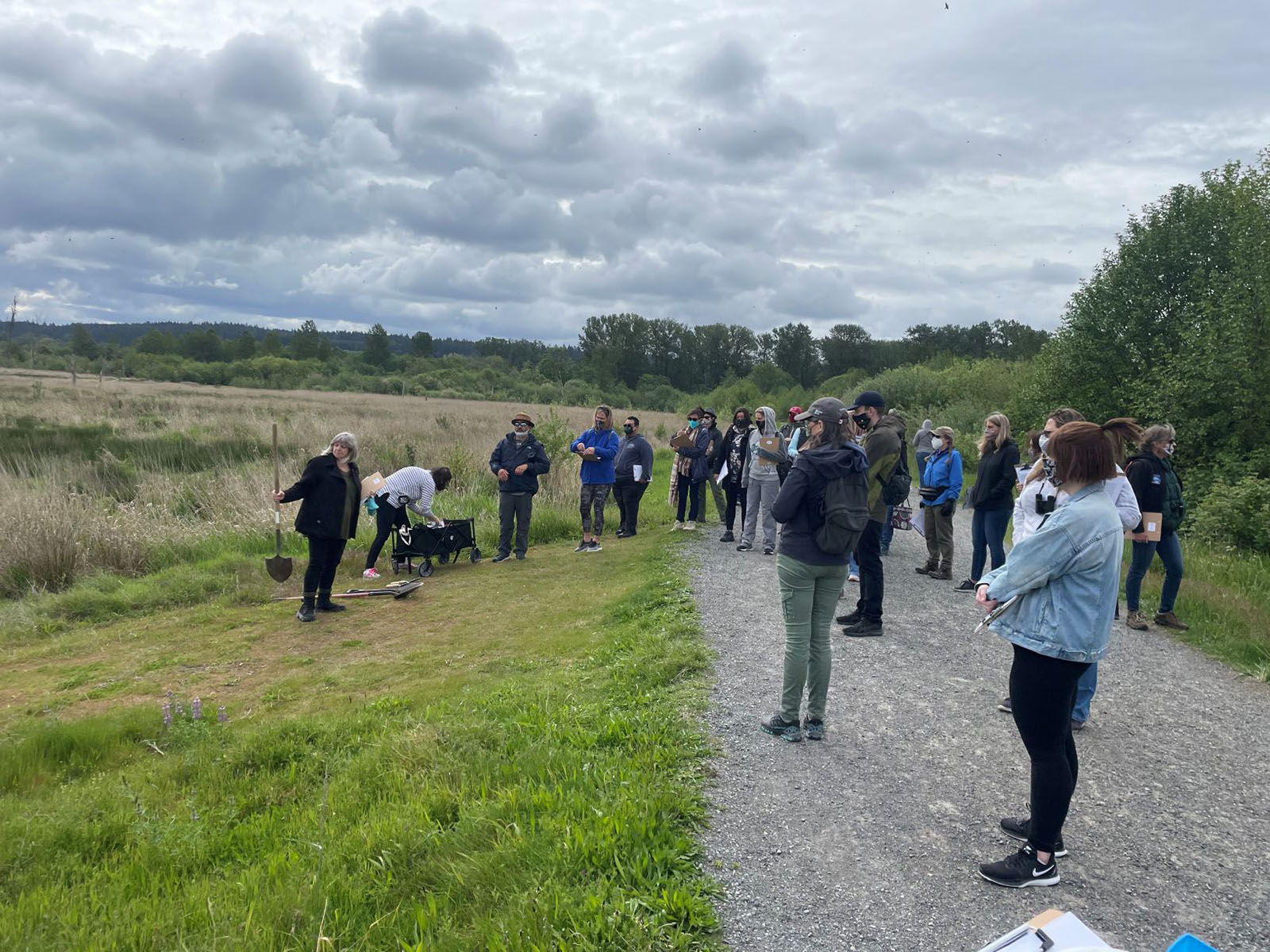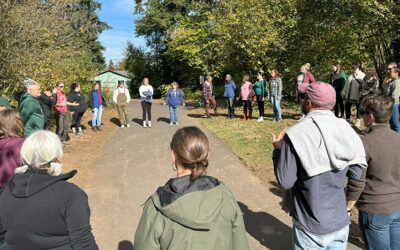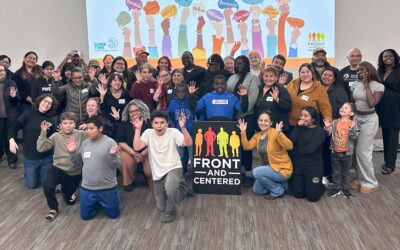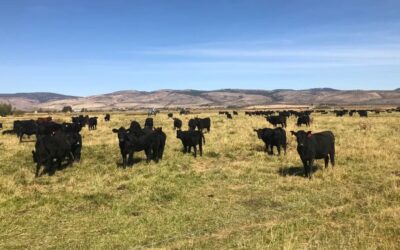In early May 2021, 29 teachers from nine school districts in Thurston, Pierce and Lewis counties attended a three-day hybrid workshop, Solutions Oriented Learning Storylines: Wetlands, with Pacific Education Institute’s FieldSTEM Coordinators Hattie Osborne and Karen Lippy along with PEI Faculty member Lourdes Flores Skydancer.
The workshop series began with Hattie acknowledging the land that she resides on and introducing Hanford McCloud from the Nisqually Indian Tribe; Hanford is a tribal council member and a culture educator. The participants learned the history of the Nisqually people, their traditional lands and what the tribe is working on today with local organizations and schools. Hanford shared teachings about cedar, treaties, weaving and connections to the land. To enhance this connection to local tribes, participants completed an asynchronous and create actionable steps to incorporate tribal history and perspectives in their classrooms. Participants then experienced an outdoor grounding activity identifying wetlands near them using a wetland mapper and their observations. After this activity, participants gained information on types of wetlands, wetlands of Washington, carbon sequestration and wetland ecosystems.
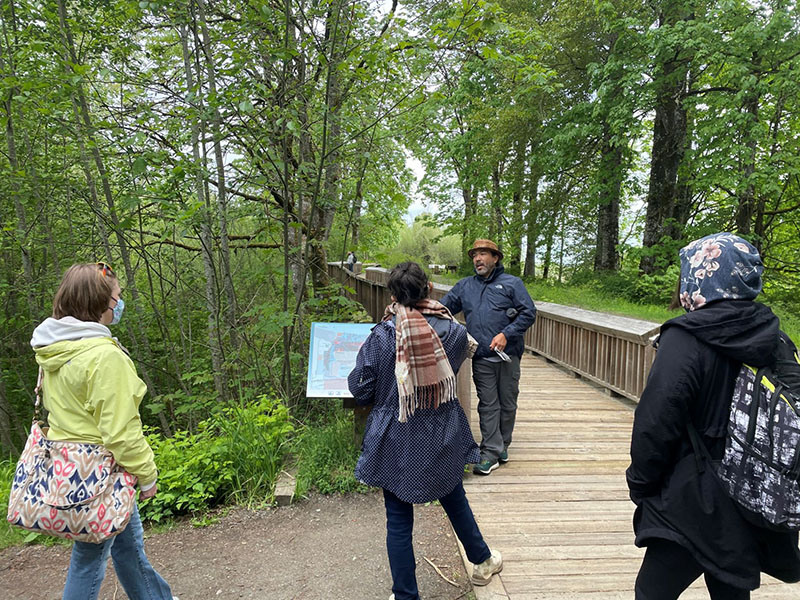
Hanford McCloud teaching about the Nisqually people and the land.
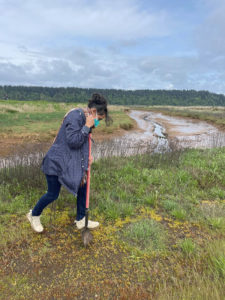
Deborah Richardson taking samples of soil at the Billy Frank Jr. Nisqually National Refuge.
The second session was in-person at Billy Frank Jr. Nisqually National Wildlife Refuge in Olympia, WA. The participants and facilitators gathered at the main building where they went over Covid-19 safety, the field experience journal and activities they were going to experience. As they set out on the trail, Hanford had the group pause at the edge of the refuge looking towards the location where the Medicine Creek Treaty signing took place, Hanford shared details about the treaty and his personal connection to the land near the treaty location. The group continued to the levee where they began soil sampling and analyzing the samples for color, dampness and texture. At this site, Hanford discussed the ecosystem of the wetland and pointed out land where the Nisqually Indian Tribe is building a cultural center. After soil sampling, the group split up between a scavenger hunt activity and learning more from Hanford at the Nisqually river. Participants took time to explore the refuge observing migrating birds, beavers, and native plants.
In the last session, educators learned about best practices for working with English learners and crafting three-dimensional assessments. Participants also heard from local nonprofit staff Stephanie Bishop, South Sound Green and Sheila Wilson, Nisqually River Foundation. The last hour of the workshop participants worked in small grade level groups exploring the wetland storylines and planning how to use these resources with students. After the workshop, a participant shared, “Definitely including wetlands in my future teaching! I did not realize wetlands were so vital to our planets well-being. I will also be including more Indigenous stories and history into my teaching.”
PEI is grateful to the Nisqually Indian Tribe for their support of this opportunity and especially to Hanford McCord for sharing so much of his time and knowledge with our participants. PEI will be publishing the Solutions Oriented Learning Storylines: Wetlands on the ClimeTime Open Educational Resource portal and the PEI website in June 2021.

